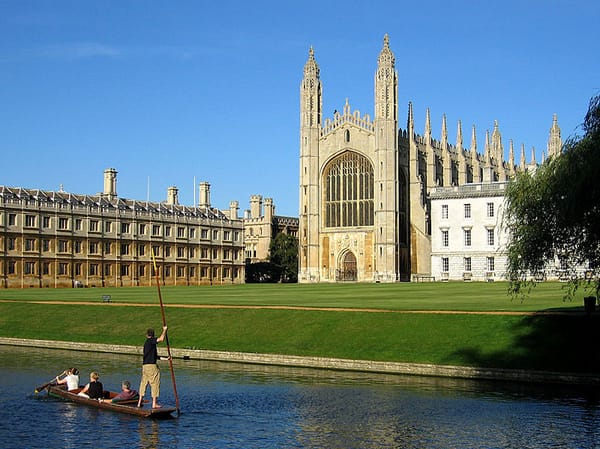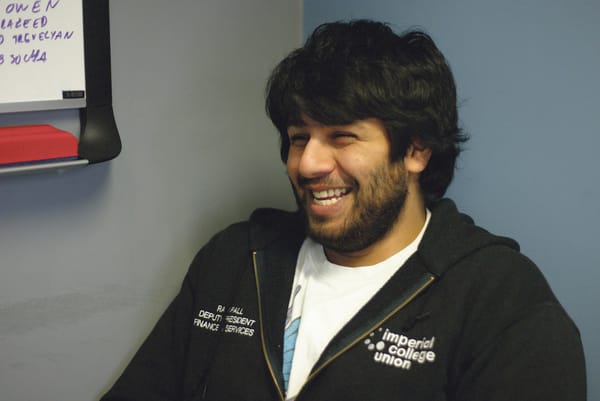Government signals £9,000 fee restrictions
Imperial will have to jump through a number of hoops in order to charge students £9,000

Imperial’s plan to join the gentlemen’s club of universities charging the maximum £9,000 for tuition fees from the 2012 academic year will come with restrictions from the government.
Nick Clegg has said in a recent BBC interview that “universities can only charge £9,000 if they are given permission to do so”. If Imperial wants to charge fees of more than £6,000 it must have an access agreement approved by the Office for Fair Access (OFFA). This sets out the measures it would use to maintain and improve access to the university for students from underprivileged backgrounds. This is the government’s attempt to remove the barriers to higher education for students from disadvantaged backgrounds that increased fees would inevitably produce.
Clegg’s view is that “universities can and should do more to ensure fair access. …social mobility in this country has stalled. It will only improve if we throw open the doors of universities, especially the most selective, to more bright students from disadvantaged backgrounds.”
Last Thursday, a letter was sent by Vince Cable, Business Secretary, and David Willetts, Universities Minister, to OFFA “setting out the Government’s expectations in respect of fair access to higher education”. It introduces significant changes to the access agreements that colleges must submit to OFFA if they wish to charge more than the new baseline fee of £6,000 for 2012 entry. The letter also suggests that universities like Imperial should make lower offers to students from disadvantaged backgrounds.
If Imperial wants to introduce the maximum fees or indeed charge above the £6,000 mark in general, OFFA will require demonstration of a real measurable progress against agreed benchmarks for fair access. Their requirements could include a reduction in drop out rate, more investment in access measures if progress against agreed benchmarks is not sufficient and an annual review of their access agreement.
OFFA’s job now is to draw up detailed guidance for universities. Sir Martin Harris, Director of Fair Access, said the aim is to publish this guidance towards the end of February. Universities must submit their access agreements in April and these will be assessed and agreed by mid July.
The government is also introducing a national scholarship programme that will provide a reduction of fees by at least £3,000 for students from disadvantaged backgrounds, to help them cope with their mammoth university fees.
But how effective will this policy be in resolving the issues of social mobility the government has highlighted? The proposals have been criticized by Graham Stuart, Tory Chairman of the Education Select Committee, who said: “any university admissions policy that focuses on factors other than the merit of the student is misguided. ….We need to improve the quality of schooling, not dumb down the entry requirements for universities.”








